Rodney Stark - The Rise of Christianity: A Sociologist Reconsiders History
Here you can read online Rodney Stark - The Rise of Christianity: A Sociologist Reconsiders History full text of the book (entire story) in english for free. Download pdf and epub, get meaning, cover and reviews about this ebook. year: 2020, publisher: Princeton University Press, genre: Religion. Description of the work, (preface) as well as reviews are available. Best literature library LitArk.com created for fans of good reading and offers a wide selection of genres:
Romance novel
Science fiction
Adventure
Detective
Science
History
Home and family
Prose
Art
Politics
Computer
Non-fiction
Religion
Business
Children
Humor
Choose a favorite category and find really read worthwhile books. Enjoy immersion in the world of imagination, feel the emotions of the characters or learn something new for yourself, make an fascinating discovery.
- Book:The Rise of Christianity: A Sociologist Reconsiders History
- Author:
- Publisher:Princeton University Press
- Genre:
- Year:2020
- Rating:3 / 5
- Favourites:Add to favourites
- Your mark:
The Rise of Christianity: A Sociologist Reconsiders History: summary, description and annotation
We offer to read an annotation, description, summary or preface (depends on what the author of the book "The Rise of Christianity: A Sociologist Reconsiders History" wrote himself). If you haven't found the necessary information about the book — write in the comments, we will try to find it.
A landmark reinterpretation of why Christianity became the dominant faith of the West
The idea that Christianity started as a clandestine movement among the poor is a widely accepted notion. Yet it is one of many myths that must be discarded if we are to understand just how a tiny messianic movement on the edge of the Roman Empire became the dominant faith of Western civilization. In a fast-paced, highly readable book that addresses beliefs as well as historical facts, Rodney Stark brings a sociologists perspective to bear on the puzzle behind the success of early Christianity. He comes equipped not only with the logic and methods of social science but also with insights gathered firsthand into why people convert and how new religious groups recruit members. He digs deep into the historical evidence on many issuessuch as the social background of converts, the mission to the Jews, the status of women in the church, the role of martyrdomto provide a vivid and unconventional account of early Christianity.
The author plots the most plausible curve of Christian growth from the year 40 to 300. By the time of Constantine, Christianity had become a considerable force, with growth patterns very similar to those of modern-day successful religious movements. An unusual number of Christian converts, for example, came from the educated, cosmopolitan classes. Because it offered a new perspective on familiar concepts and was not linked to ethnicity, Christianity had a large following among persons seeking to assimilate into the dominant culture, mainly Hellenized Jews. The oversupply of women in Christian communitiesdue partly to the respect and protection they receivedled to intermarriages with pagans, hence more conversions, and to a high fertility rate. Stark points out, too, the role played by selflessness and faith. Amidst the epidemics, fires, and other disasters that beleaguered Greco-Roman cities, Christian communities were a stronghold of mutual aid, which resulted in a survival rate far greater than that of the pagans. In the meantime, voluntary martyrdom, especially a generation after the death of Christ, reinforced the commitment of the Christian rank and file. What Stark ultimately offers is a multifaceted portrait of early Christianity, one that appeals to practical reasoning, historical curiosity, and personal reflection.
Rodney Stark: author's other books
Who wrote The Rise of Christianity: A Sociologist Reconsiders History? Find out the surname, the name of the author of the book and a list of all author's works by series.

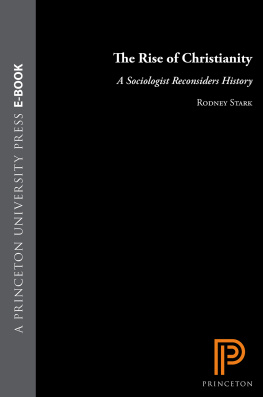
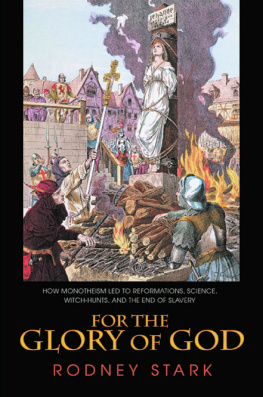
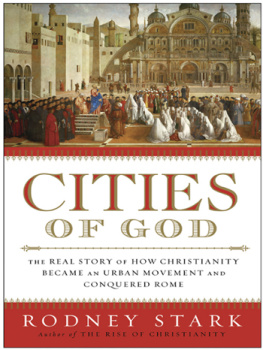
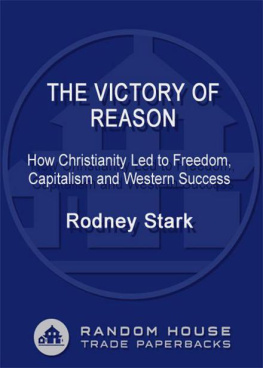
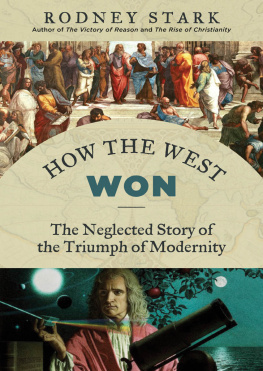
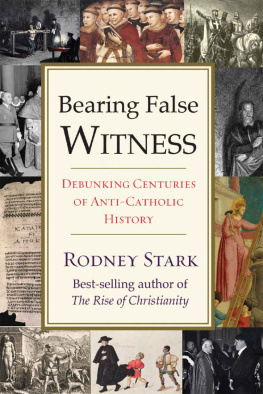
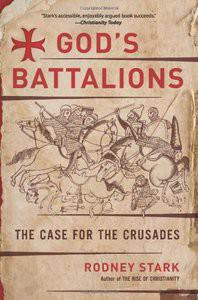
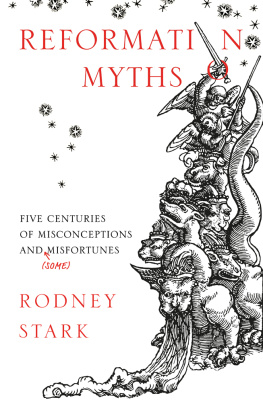
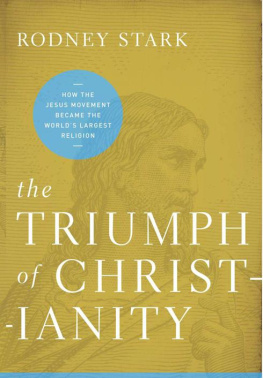
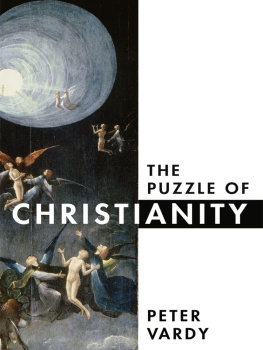
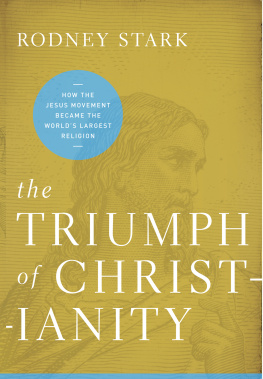
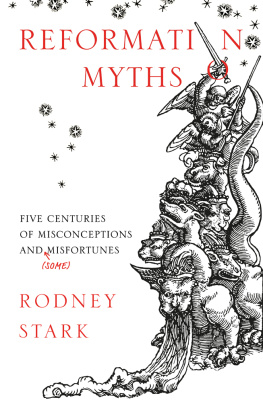

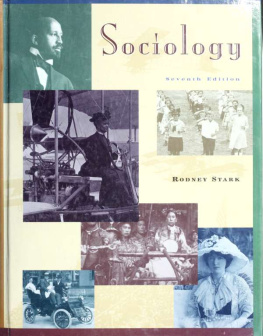
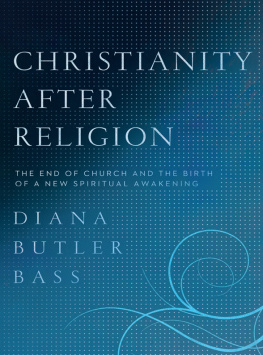




 Illustrations
Illustrations 